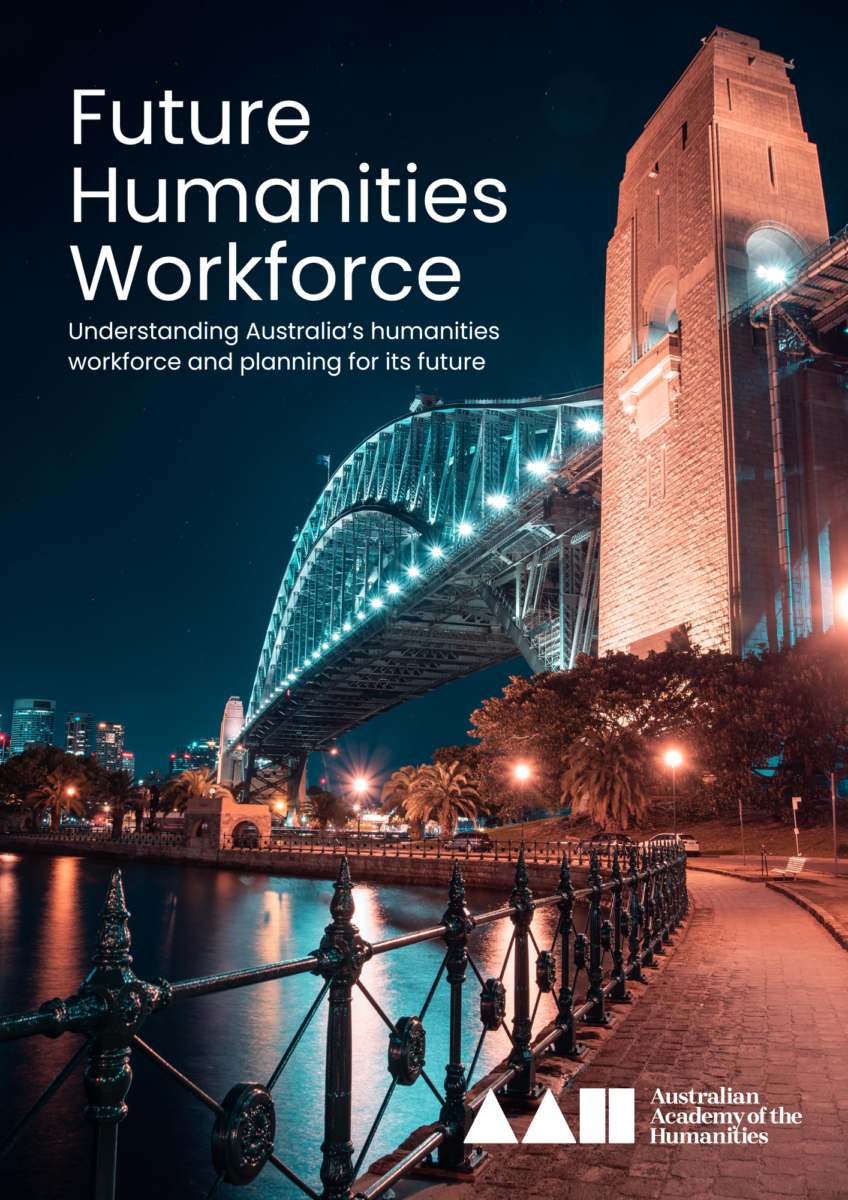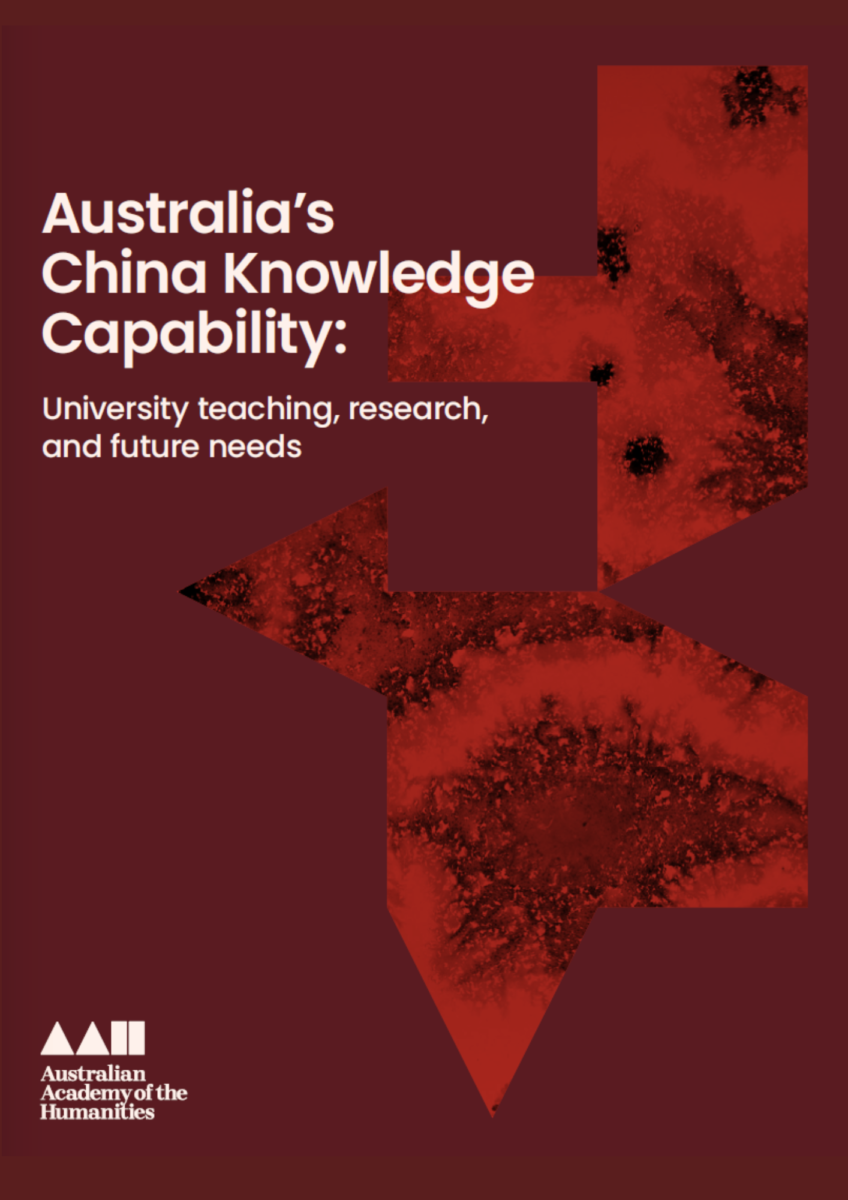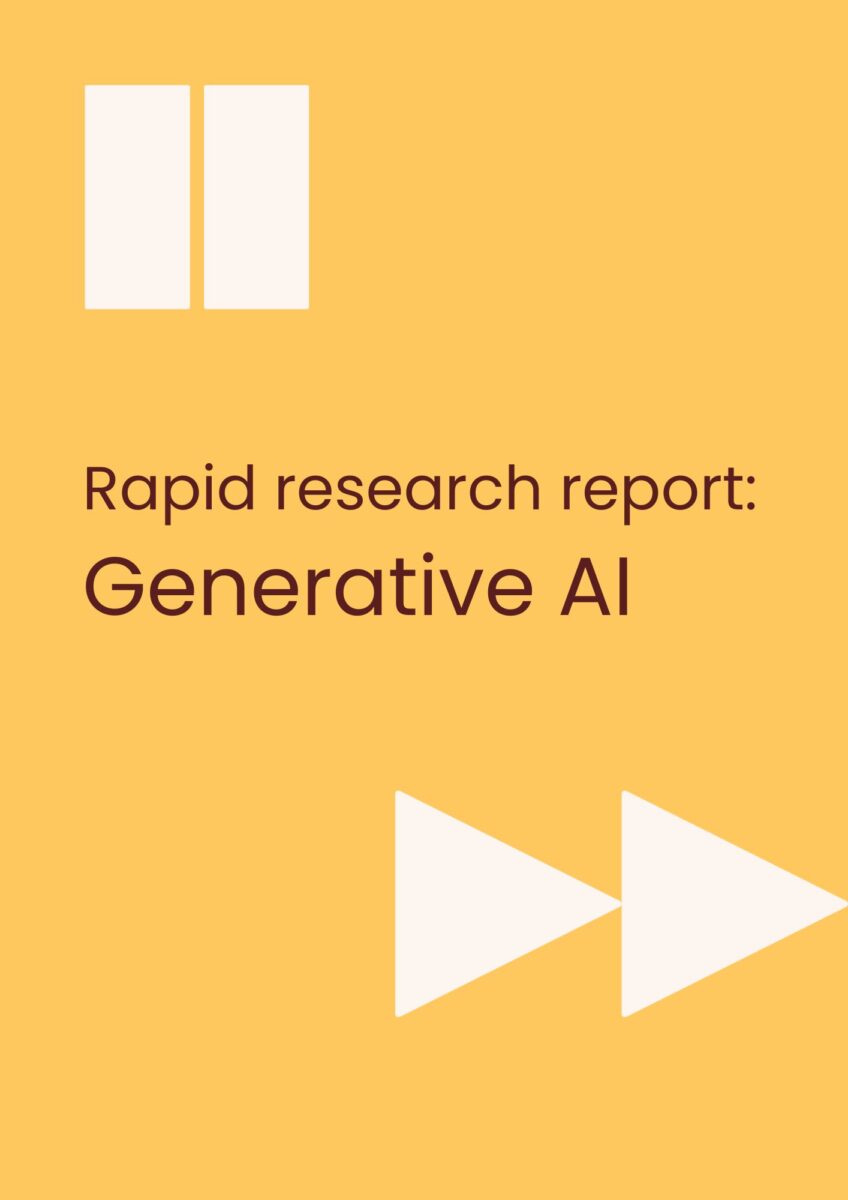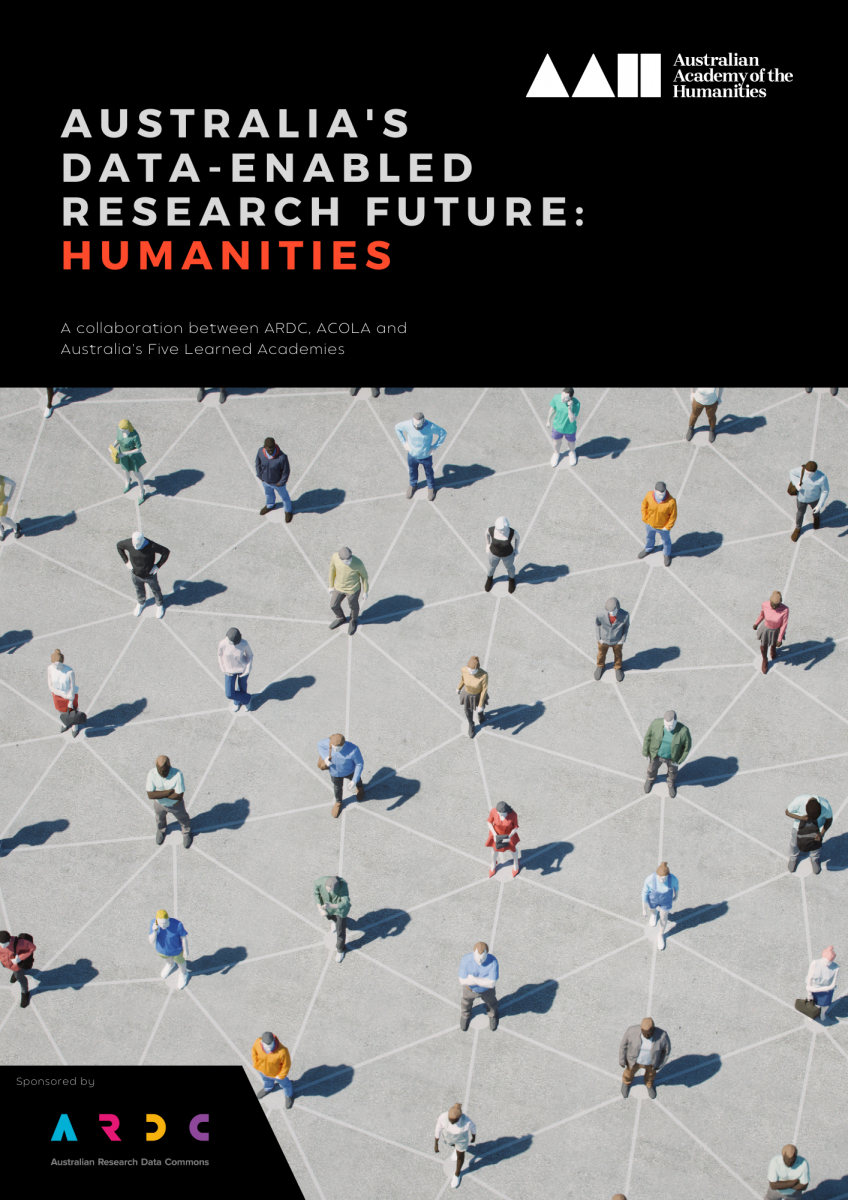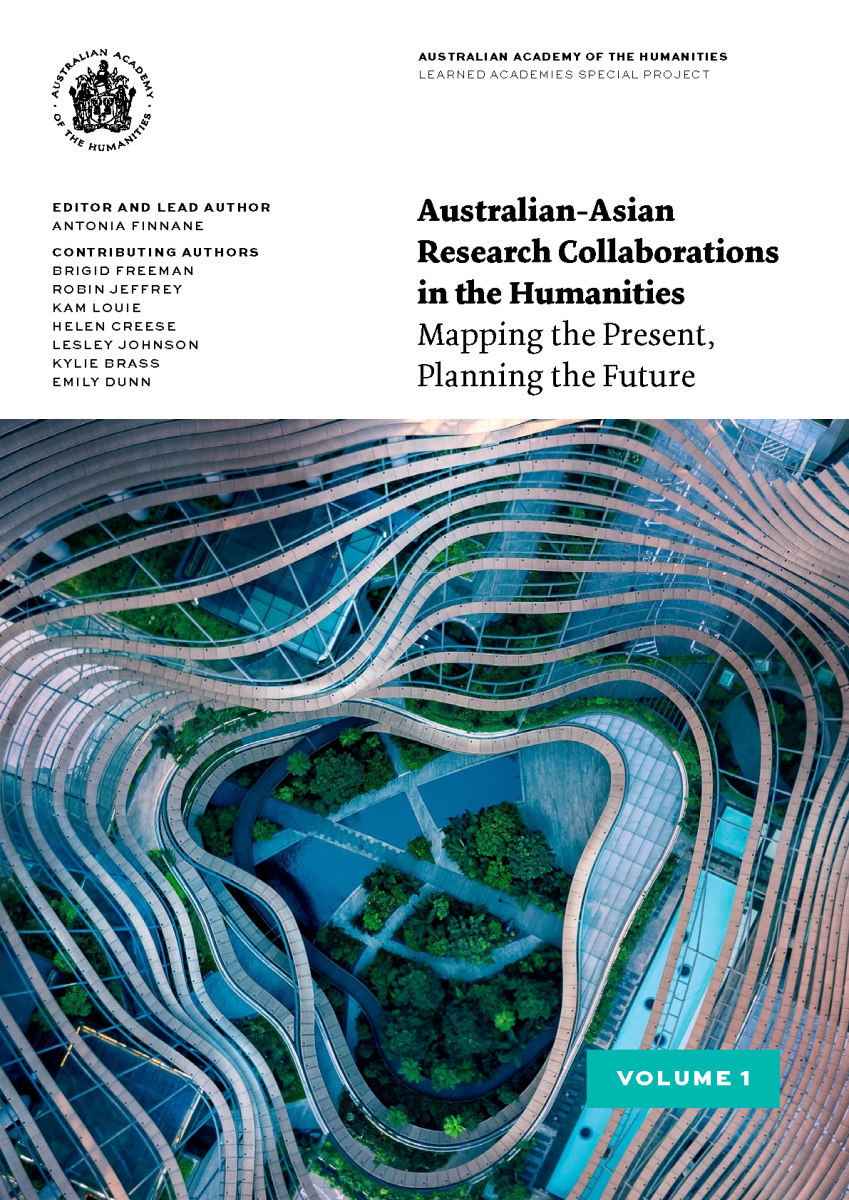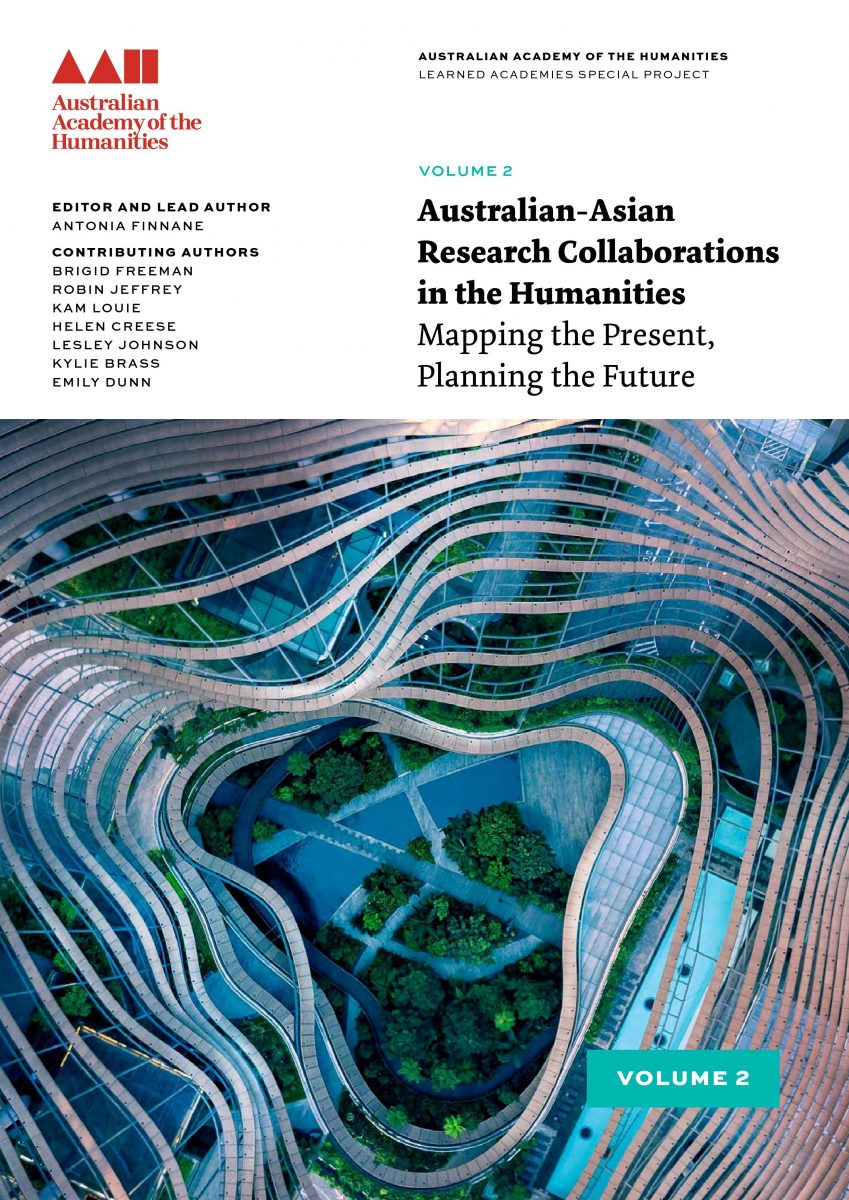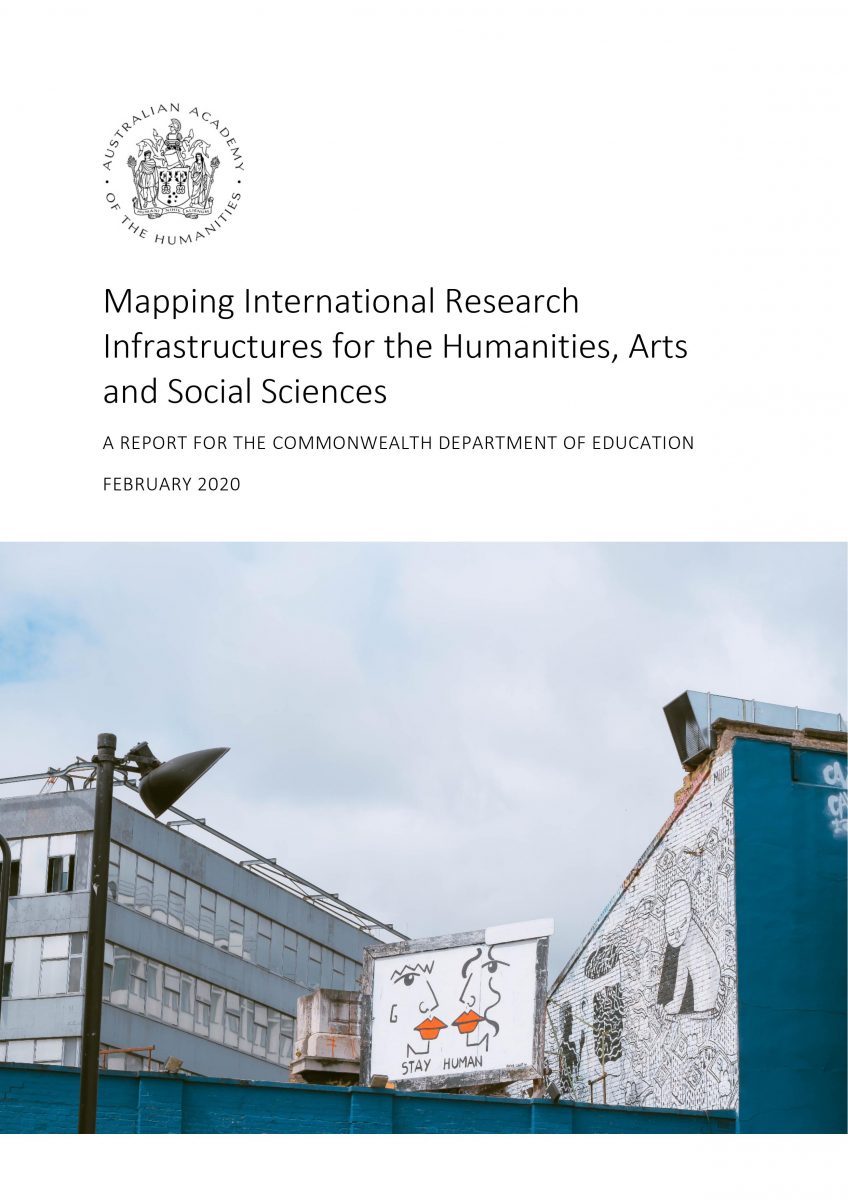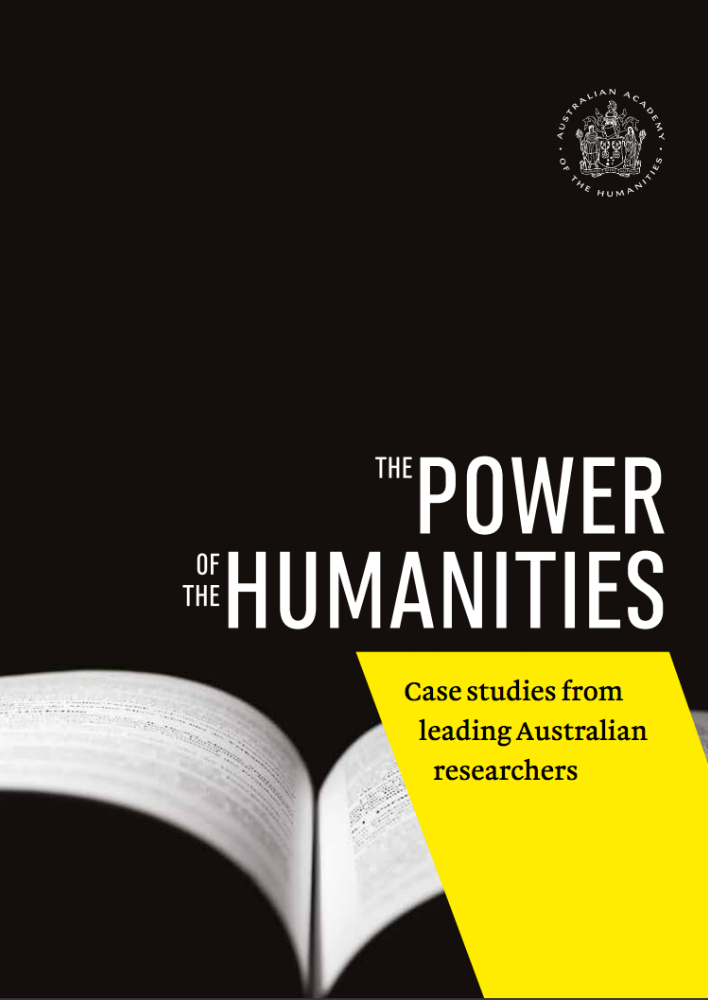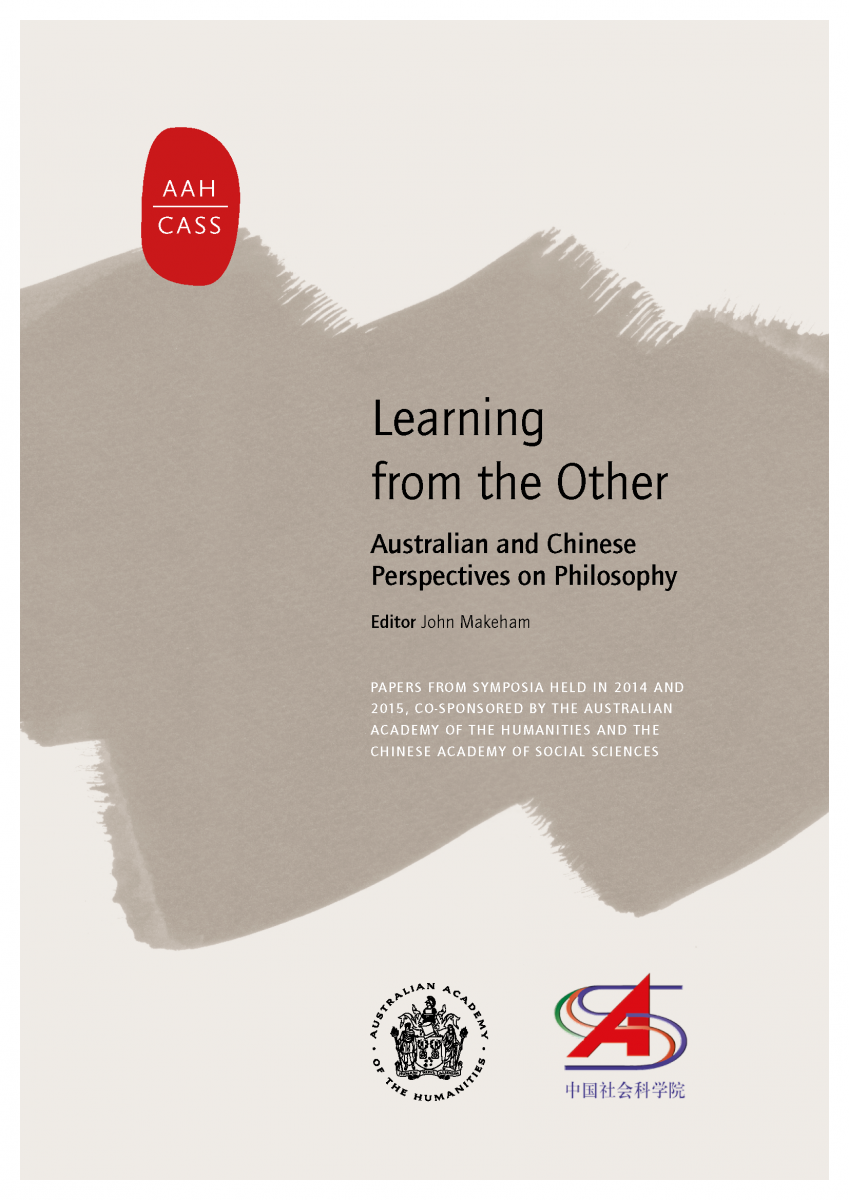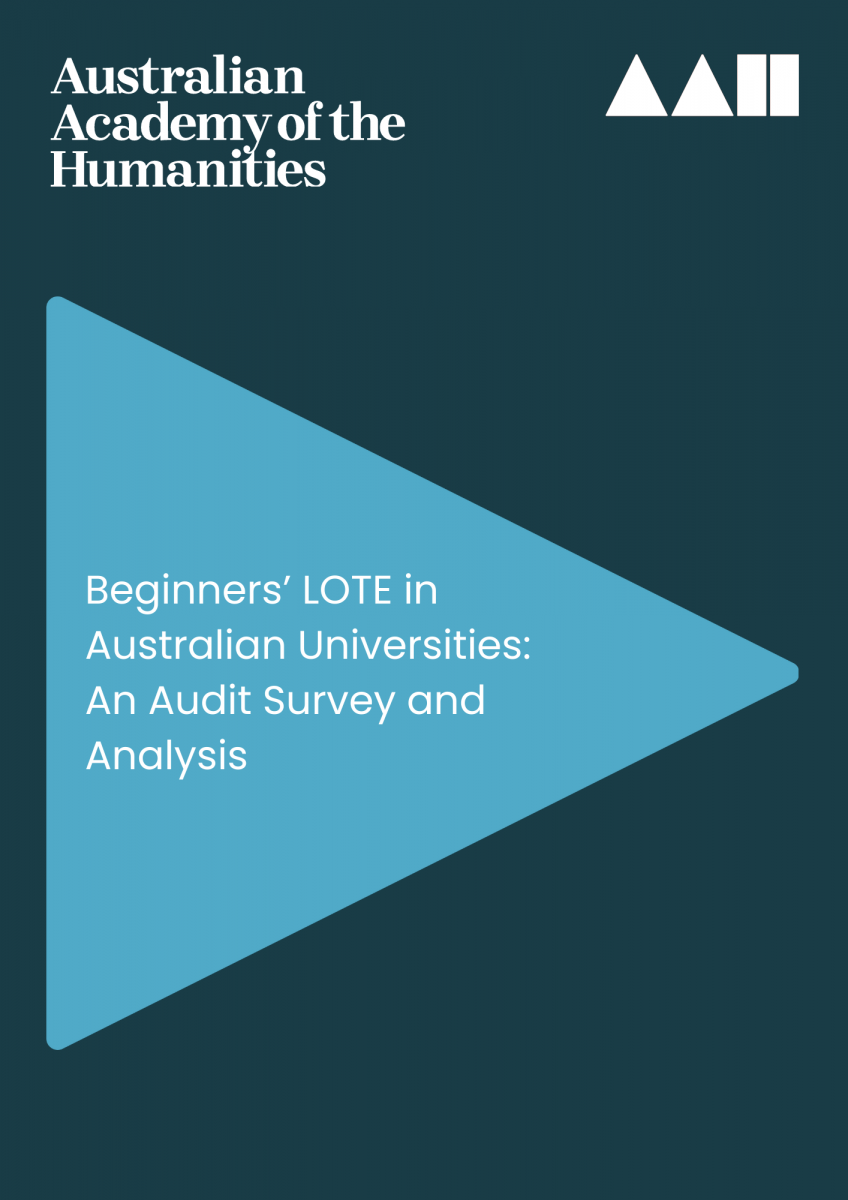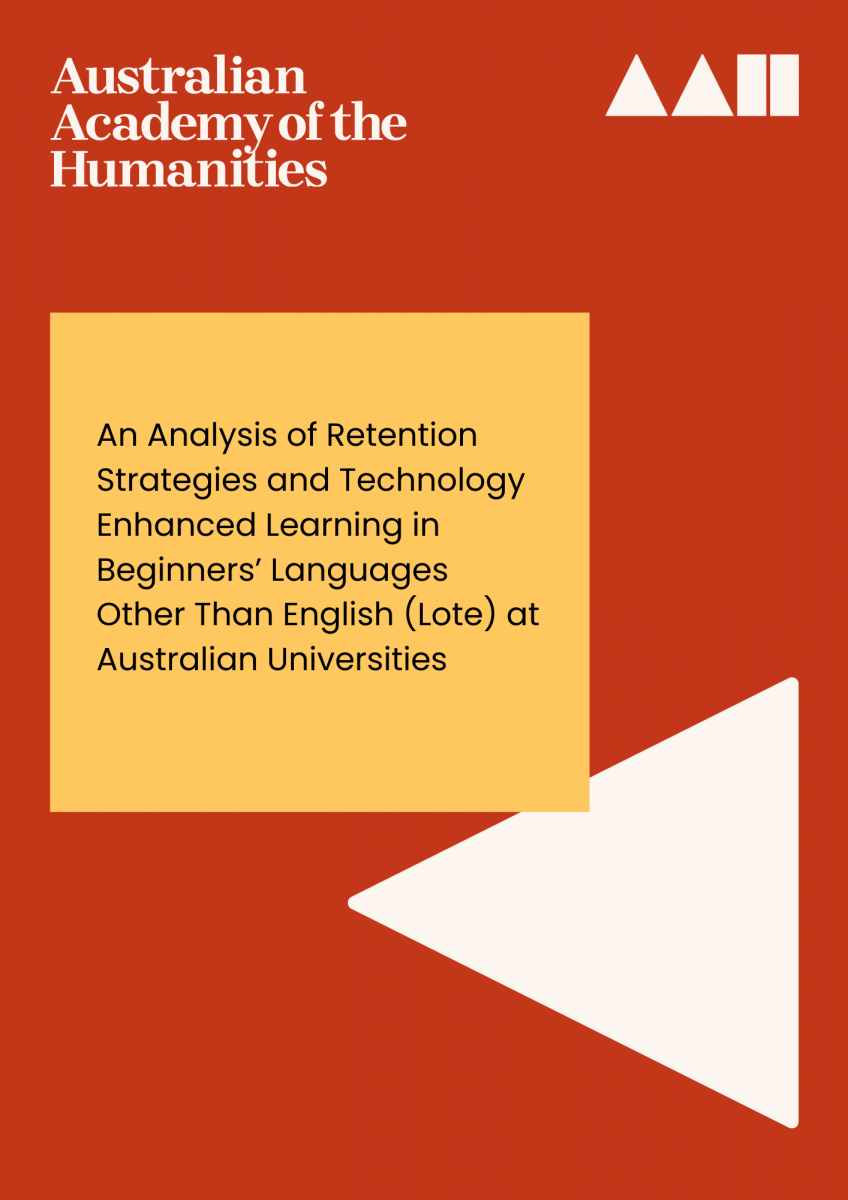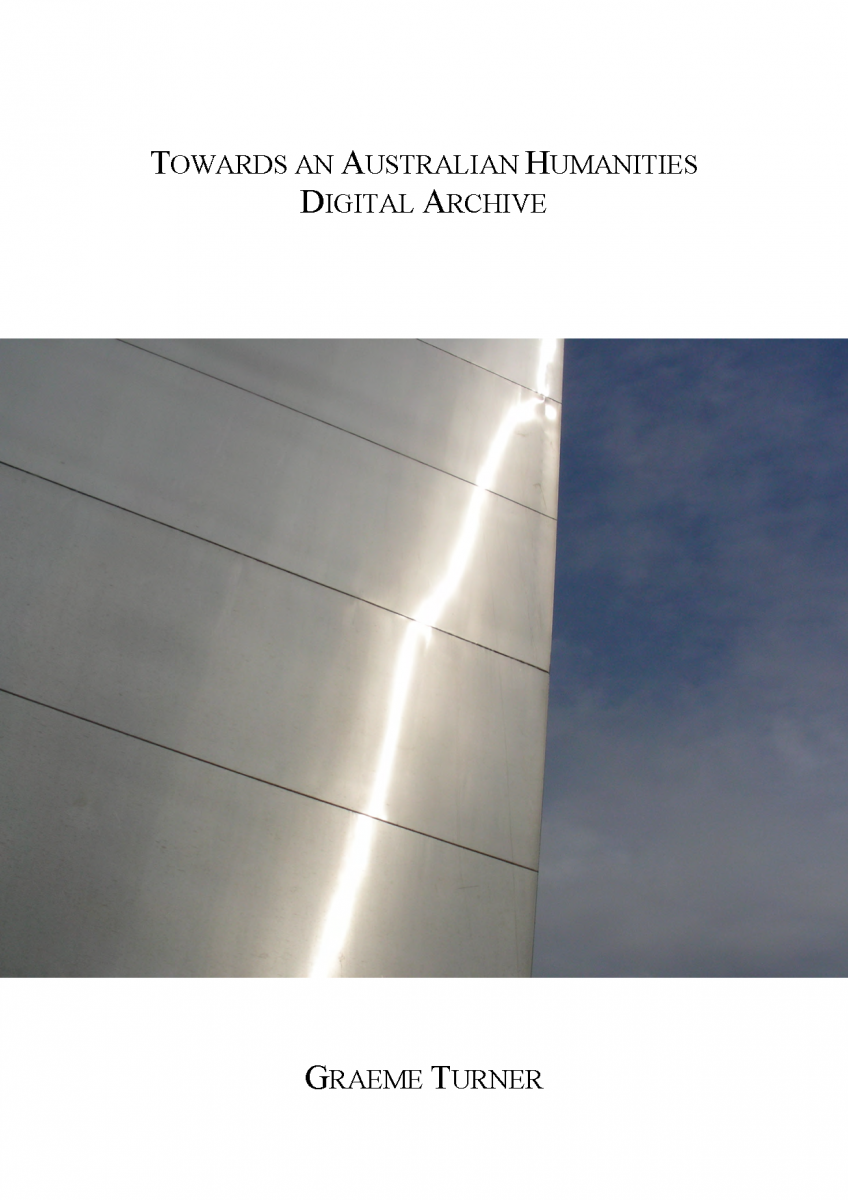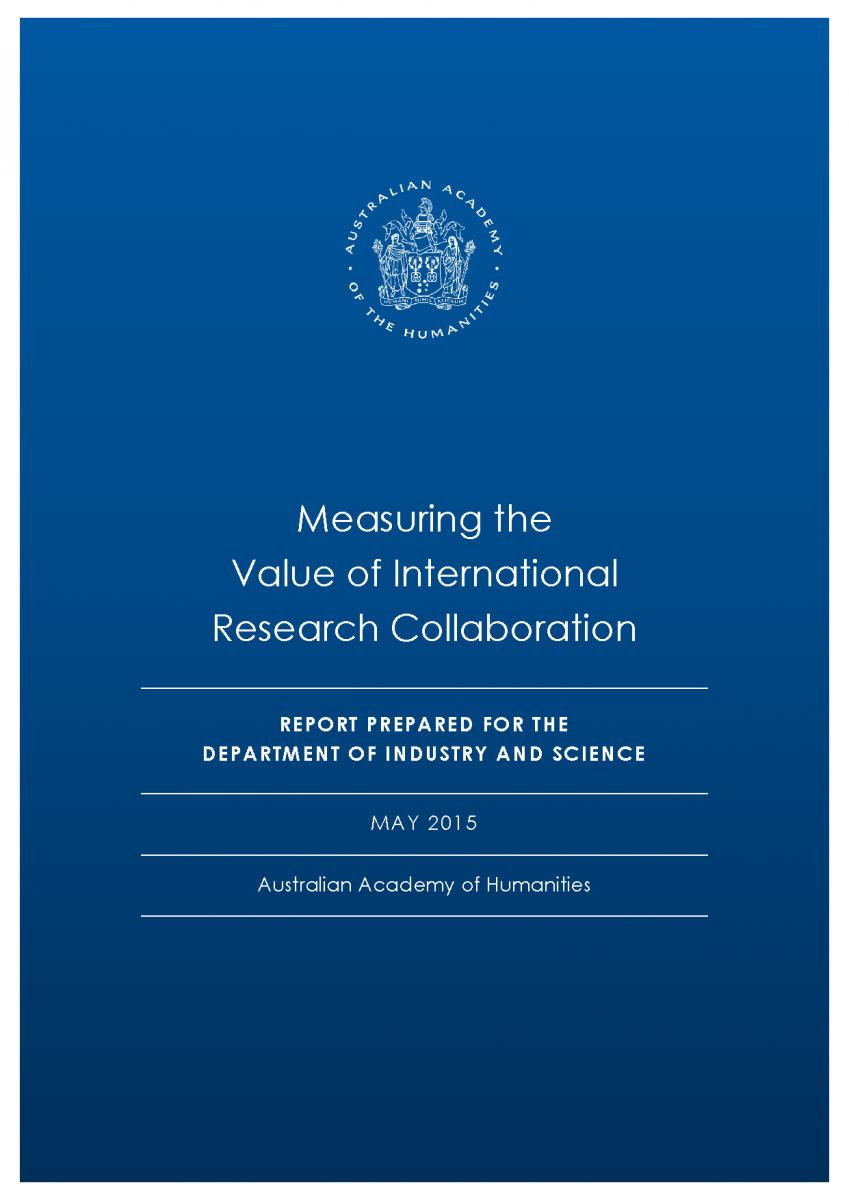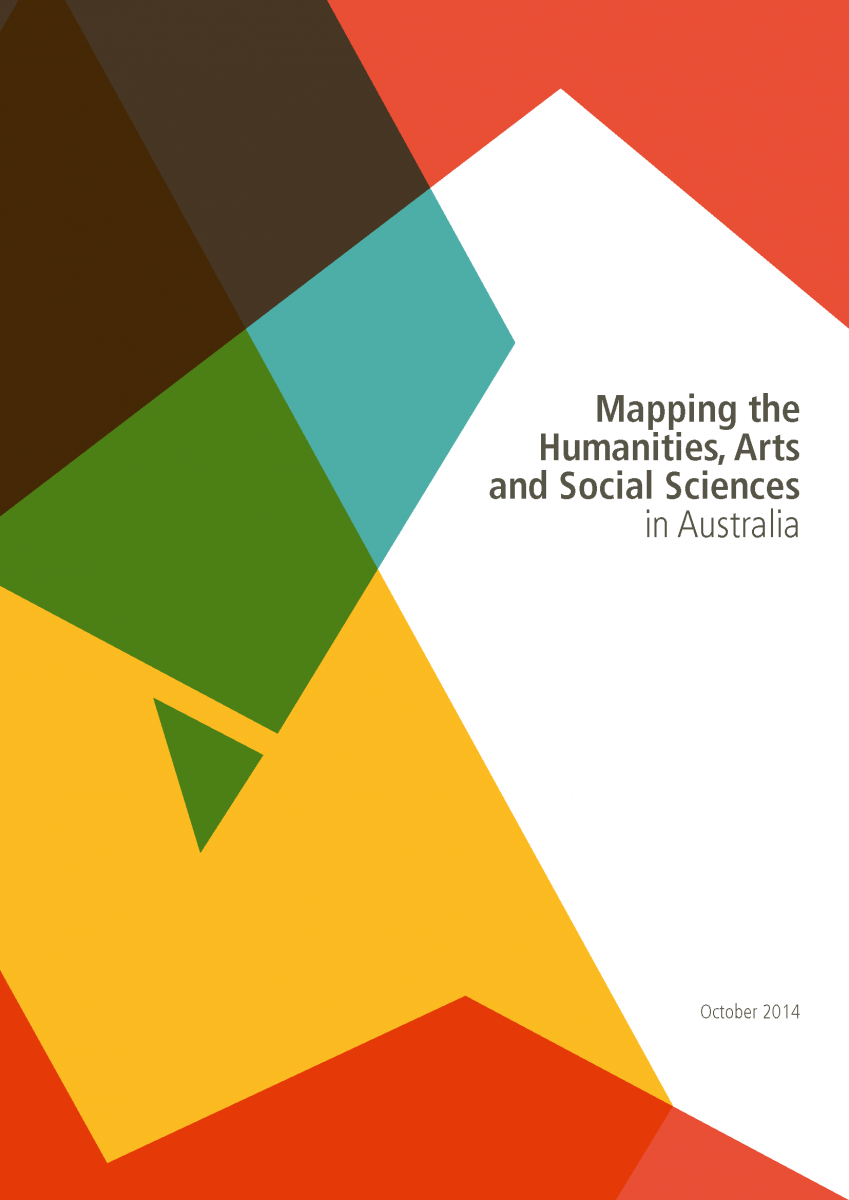Research reports
We publish and promote our research on issues of national importance as part of our contribution to whole-of-system policy development. Our reports focus on issues that require humanities perspectives and expertise, including those directly impacting the humanities community.
The Future Humanities Workforce report is a comprehensive and dynamic exploration of the state of the humanities in Australia now and the future.
To ensure the sustainability of this workforce, we examine the knowledges and skills Australia needs in the future, demographics and capacity of our humanities workforce, the challenges it faces, and the strategies we can implement to secure its ongoing capacity and productivity.
This report is a resource for those with a stake in the China relationship across the university, government, corporate, and community sectors – to consider how Australia can best develop a long-term capability which adapts and adjusts with the changes in both Australia and China over coming decades.
Our report addresses the capacity of Australia’s universities to meet these needs.
An overview of the risks and opportunities that generative AI presents over the next decade, and a scan of strategies other countries have implemented.
This report was co-authored by ACOLA, ATSE and the Australian Academy of Science and commissioned by Australia’s National Science and Technology Council.
This Environmental Scan provides an overview of the current landscape for humanities data-enabled research and identifies strategic needs and requirements, gaps in infrastructure, and potential opportunities for leadership, advocacy, and planning.
The project is a partnership between the ARDC, Australia’s five Learned Academies and ACOLA.
This Australian Research Council-funded project maps the humanities in the Asia region and identifies opportunities for strengthening collaboration between researchers in Australia and Asia.
This Australian Research Council-funded project outlines the potential for collaboration now and into the future with key partners across the Asian region: China, Japan, Indonesia, Korea, Singapore, Hong Kong, and India.
A report funded by the Department of Education, Skills and Training to understand international research infrastructure models in the humanities, arts and social sciences (HASS) sector to help inform potential Australian HASS infrastructure platforms.
The Power of the Humanities profiles humanities research focused on health, social cohesion, the environment and food security, Australia’s place in the Asia-Pacific region and on the benefits of a historical perspective in a rapidly changing world. The project was led by our former President, Emeritus Professor Lesley Johnson AM FAHA.
Learning from the Other: Australian and Chinese Perspectives on Philosophy is a selection of papers drawn from two symposia co-sponsored by the Australian Academy of the Humanities and the Chinese Academy of Social Sciences.
This report provides up-to-date and detailed understanding of beginners’ languages provision across the Australian university sector, and identifies a range of best practice in course design and presentation, teaching (including the use of new technologies) and assessment.
This report explores retention strategies for languages other than English at Australian universities.
This report covers the findings from a scoping study on the development of a national scholarly digital archive in the humanities.
The Measuring the Value of International Collaboration project, funded by the Department of Industry, Innovation and Science aimed to inform consideration of a more comprehensive approach to valuing international research collaboration across the publicly funded research sector.
This report provides up-to-date and detailed understanding of beginners’ languages provision across the Australian university sector, and identifies a range of best practice in course design and presentation, teaching (including the use of new technologies) and assessment.

